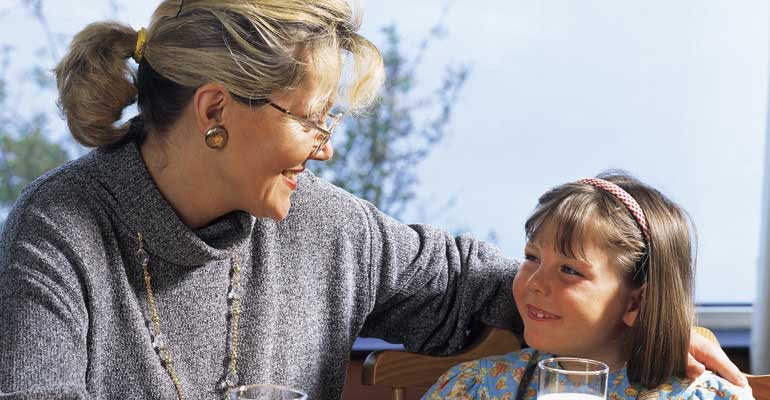It probably comes as no surprise that individuals born through donor egg/sperm/embryo conception are now growing up and claiming their places as adoptees, since each is missing at least one genetic parent. For adoptive families who have or are considering having children through these technologies, questions naturally arise as to how to help your children understand and accept the way they and their siblings became part of the family.
Common Concerns
Asking whether parents love their children equally and in the same or different ways is a normal, healthy part of sibling relationships. “Do parents love children who are born into a family more than they love those who are adopted?” is a typical question.
“Do others know how we each got to be part of the family — and what do they think?” is another. “Do donor parents ever wonder about or wish that they were raising their (genetic) child?” is something else that kids might ponder, whether they ask aloud or not. If you anticipate questions and are ready with answers, you’ll do better at keeping communication lines open.
One of the advantages you have over others is that you already have a foundation for explaining differences in response to your child’s questions. This helps a child understand and accept his own and his siblings’ places in the family.
And you have an advantage in talking about other, non-traditional ways in which families grow. The very fact that you have these discussions helps your child come to terms with his own family-building history.
A number of children’s books on the market can help youngsters learn about and share thoughts on “donor insemination” conception. You should read them before reading them to your child, since all are not equally useful or accurate.
But even a poorly worded book may have value if you point out the inaccuracies and negative attitudes in it. These may be the very things your child will encounter in public and will need to respond to.
Encouraging openness — while protecting boundaries around privacy — is essential. By telling others about the ways in which your family was created, you can help your child get comfortable with the subject. You can also help her by role-playing situations in which she is asked questions or gets comments about her own and her siblings’ entrances into the family.
In a two-parent family, it is very important that both parents are honest about their feelings as to family-building decisions, how children were welcomed, and how society often regards donor insemination and adoption. It is important for both parents to convey to each child that her presence in the family is highly valued.


